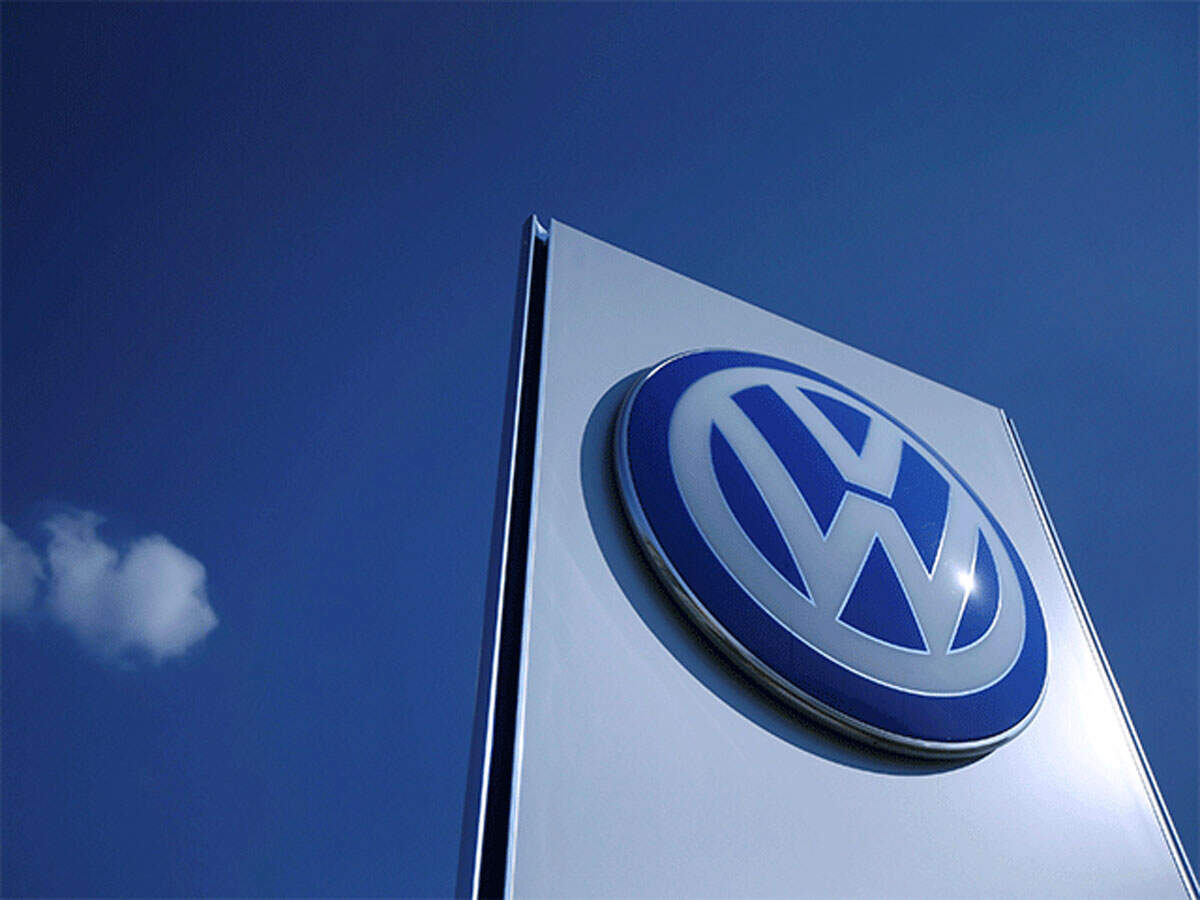 By Heekyong Yang, Yilei Sun and Christoph Steitz
By Heekyong Yang, Yilei Sun and Christoph Steitz
SEOUL/BEIJING/FRANKFURT: Days before Volkswagen AG held an event to announce a major ramp-up in its electric vehicle production, the German car maker abruptly told its South Korean battery suppliers their current technology would be largely excluded from those plans.
The decision by the world’s second largest automaker to move the bulk of its cars to a different battery cell in two years came as a shock to LG Energy Solution and SK Innovation , three people with knowledge of the situation told Reuters.
“It’s not our everyday business routine to get such one-sided notice from a partner … people seemed to be pretty alarmed,” one of the sources said.
Volkswagen’s shift to a new unified prismatic battery, away from the pouch-style manufactured by LG and SK, is likely to be a massive blow given the pair have invested billions in pouch production sites in the United States, Europe and Asia.
The shift also raised concerns among battery suppliers that the race by automakers to meet growing demand for EVs in a rapidly changing technological environment could leave them behind almost overnight.
“Volkswagen’s announcement is just the beginning of the competition in the EV market, signalling that huge investment will be made competitively in the future,” said Lee Jae-il, an analyst at Eugene Investment & Securities.
Volkswagen is under intense pressure to cut battery costs, strengthen its position in China, and better compete with Tesla Inc. China’s Contemporary Amperex Technology Co Ltd (CATL), which already supplies Volkswagen and Tesla, is making prismatic batteries, the technology favoured for Volkswagen future vehicles.
Thomas Schmall, Volkswagen’s board member in charge of technology, said this week the company would keep its current contracts, adding 80% of its post 2025 generation of EV cars would use prismatic batteries. Schmall did not specify battery technology for the remaining 20%.
Schmall said it would not be a big deal for battery suppliers to switch to production of prismatic cells, although analysts suggested doing so would require significant reinvestment and time to overhaul factories.
SK, which had announced a contract in 2018 to supply Volkswagen with pouch batteries but had not yet started doing so, said it currently has no plans to produce prismatic batteries. It supplies pouch batteries to Hyundai Motor and its sister company Kia.
LG, which makes prismatic batteries but only for smaller goods such as laptops, declined to comment on whether it would expand that production to EV batteries. Volkswagen was one of its biggest clients for pouch batteries, but it retains Tesla, General Motors and Hyundai Motor. It also builds cylindrical batteries for Tesla.
CHANGING ALLEGIANCES
Of particular concern to executives at auto parts suppliers was Volkswagen’s relative lack of consultation with LG and SK about the battery shift, a break with tradition from the industry strategies pioneered by Toyota decades ago.
When LG told Volkswagen it would send an executive to Germany to discuss the potential battery switch, Volkswagen told LG not to, all three people with knowledge of the situation told Reuters. They declined to be identified because they are not authorised to speak to the media.
“This is rare among automakers and suppliers which they have good relationship with,” said Yale Zhang, head of the Shanghai-based consultancy Automotive Foresight. “Traditionally automakers invite core suppliers to discuss future technology before finalising as they need to ensure supply.”
It comes just days after outgoing Panasonic Chief Executive Kazuhiro Tsuga told the Financial Times his company needed “to graduate from our one-legged approach of relying solely on Tesla.” Panasonic lost its coveted decade-long position as Tesla’s exclusive supplier last year when the carmaker unveiled plans to begin developing its own batteries and add LG and CATL as purchasing partners.
Two sources told Reuters SK and LG’s situation was complicated by a U.S. legal battle between the bitter rivals that has threatened to disrupt Volkswagen’s EV production at its Tennessee factory and left the carmaker “very unhappy” with the pair.
“Volkswagen warned South Korean battery makers early last year that Chinese battery makers would be beneficiaries of the legal disputes,” one person told Reuters.
CHINA WINS
China, the world’s biggest car market and a key battleground for EV, is the winner in Volkswagen’s shift from the lighter pouch batteries to the generally safer and easier to source prismatic batteries.
As well as its deal with CATL, Volkswagen told Reuters it planned to source batteries from Wanxiang A123 and Guoxuan High-tech Co Ltd. A source close to Guoxuan told Reuters it anticipates striking a supply deal for lithium iron phosphate batteries in a year or more.
Other China suppliers were likely, Volkswagen said, as it begins the roll-out of five models of its ID series of EVs in the country this year.
“The Chinese have become very strong on a technological level which means the supply side is bigger,” Volkswagen CEO Herbert Diess told Reuters, adding he believed the company remained a relevant customer for LG and Samsung SDI, which supplies prismatic batteries.
“We actually need every cell, every bit of capacity that is available,” Diess said. “But we will have a bigger say in terms of cell design.”
(Reporting by Heekyong Yang in Seoul, Yilei Sun in Beijing and Christoph Steitz in Frankfurt; Editing by Sayantani Ghosh, Joe White and Jane Wardell)